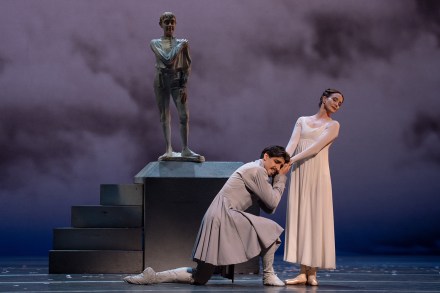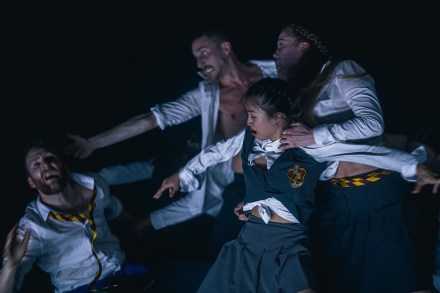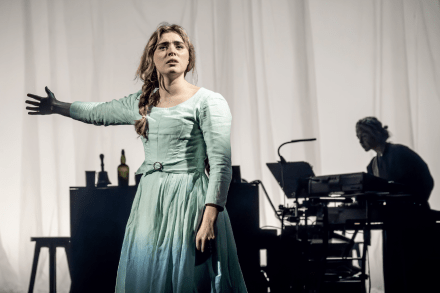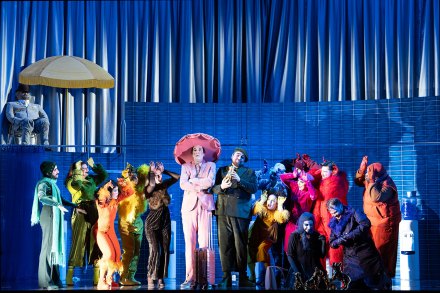There are passages of considerable eloquence in Royal Ballet’s The Winter’s Tale
There’s no escaping Christopher Wheeldon – a modest, amiable fellow from Yeovil of whom anyone’s mum would be proud. Reaching outside the ballet bubble, his stagings of An American in Paris and the Michael Jackson musical have wowed the West End, Broadway and beyond. My guess is that his take on Oscar Wilde, to be premiered in Australia later this year, will soon travel north, too. Next season the Royal Ballet will revive his box-office smash Alice’s Adventures in Wonderland as well as a programme drawn from his plentiful short pieces. Two summers ago, he presented us with an adaptation of the novel Like Water for Chocolate (not so tasty).




















